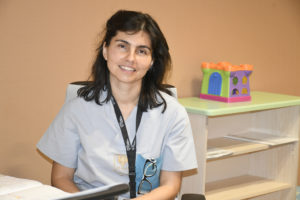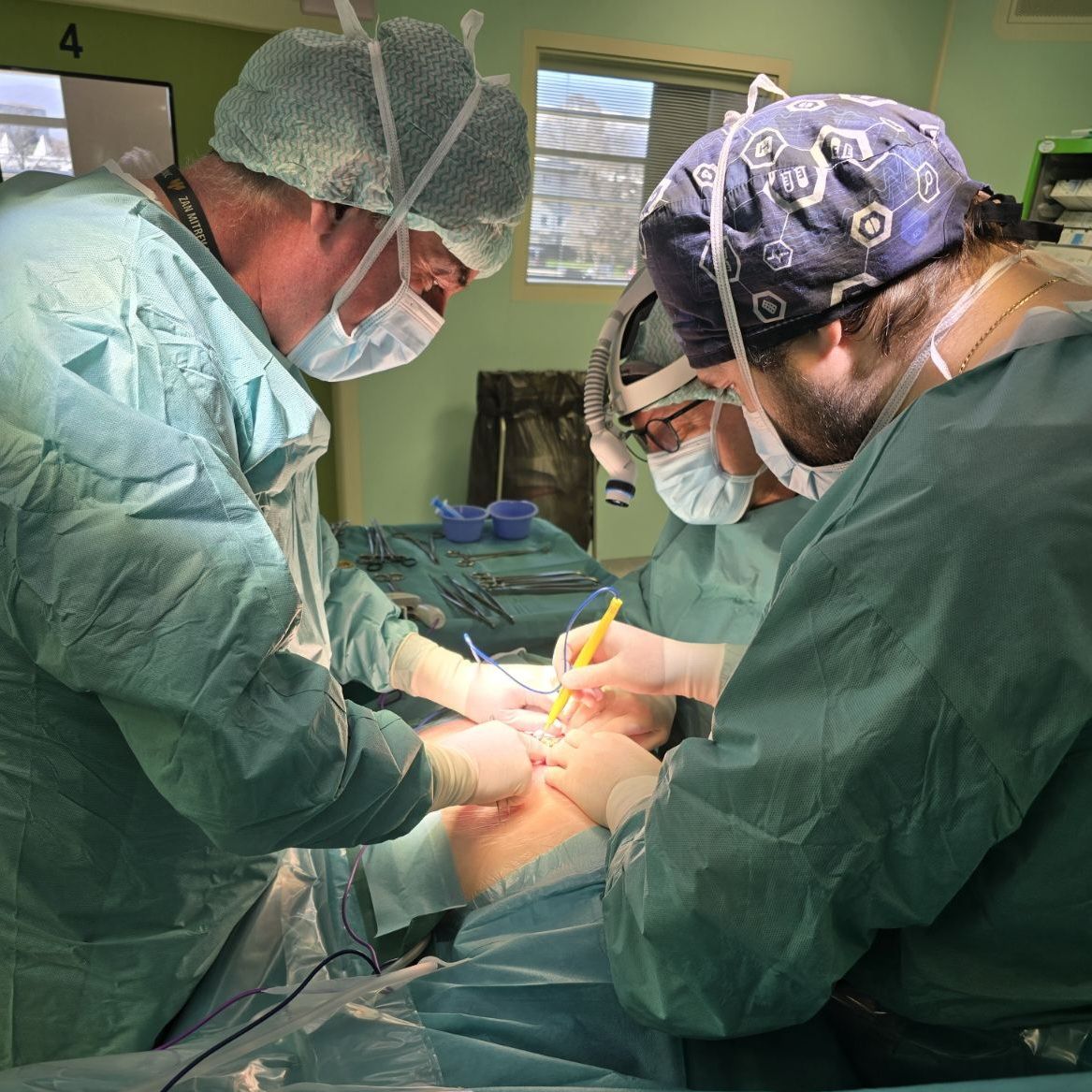 00389 2 3091 484
00389 2 3091 484
Month dedicated to the importance of women’s physical, sexual, reproductive and mental health
October 8, 2020

Pregnancy, breast self-exam, menopause and related osteoporosis, prevention of cervical cancer, infertility, are just some of the topics covered by the phrase “female health”. However, talking about women’s health is much more than determining a high-risk or non-risk pregnancy, infertility, breast cancer, an urgent need for a mastectomy, a hysterectomy, etc.
Women’s health is more than that, not because of some presumed (and by the way, often infertile) “political correctness” for the needs of the public, but because neither health nor women are homogeneous terms outside the biological discourse, and even in it, not entirely because of the functional nature of health. This is necessary to emphasize because October is dedicated to women’s health and requires a consideration that covers, but also transcends the range of examples related to the female reproductive system.
Namely, it is quite meaningful and necessary to talk about challenges that affect exclusively women in different periods of life, contexts (work, home, travel), degrees and cultures (policies that exist to protect vulnerable categories, tradition and stereotypes, family values etc.), but their health obviously goes beyond the above-mentioned spectrum by simply asking in what context, with what family and social dynamics, or with what social and personal capacity we see the woman.
Health, for us humans, is above all an experience, or more precisely, a meaningful experience. It is this experience that today is influentially standardized as a state where health is defined positively (not only as the absence of disease, but as a well-being), holistically or multidimensionally (as a complete well-being that necessarily includes more parameters through physical, mental and social health). This change in the understanding of the term health has very specific, temporal-historical and political roots, which we have no room to address here (we will be silent about the concept of ‘woman’, because it remains a secret), but one benefit is the emphasized awareness of the importance of the personal and emotional-motivational processes in the health dynamics of each individual, and the irreplaceability of social support, cultural identity, context and social challenges that often place the clinical picture in the categories “healthy / sick”.
The opposite of this expanded concept of health is the possibility of pathologisation of all suboptimal conditions, and in part unreality, because “it finds most of us unhealthy most of the time” (Smith, 2008). It seems that we are called not only upon health, but upon multidimensional “perfection” too. But upon what kind, what for or more precisely for whom? The today’s almost ubiquitous narcissistic culture burdened by likability (or, if you will, “likeholism”) tends to normalize and standardize a kind of measurable and public perfection of unrelated or less and less unrelated individuals. Standards are in fact a group phenomenon, which has a powerful regulatory function not only in the individual’s behavior, but also in the dynamics of occurrence, development and prognosis of health problems. Fortunately, man does not cease to be a community being simply because he lives in such a social climate, but it is necessary to distinguish the “cockle from the grain” – the cockle of sterile perfection, from the grain of creative love for the other as the greatest virtue. If we are a bit perfect, then it is because of the other, through the possibility for giving and, equally important, gratitude.
Giving and gratitude, when both are expressions of the most fundamental human indicator – free will – are in fact the fullness of a healthy woman or man (even when one or the other is sometimes feared). And how would you talk about one without the other? Therefore, no matter how much they are imposed on us in the spirit of the (neo)liberal ideology, days or months dedicated to cluster-covered topics, we are obliged to think about them from the perspective of what connects us and not only intra- and inter-gender, or intra- and inter-culturally, nationally, etc., but as individuals – health as self-giving is the real free space, where our action actually ennobles us. There are numerous examples that support this claim – of the more risky ones (saving the life of a stranger, a parent who donates a kidney for the life of their child) to the less risky ones, and no less important (non-judgment, meek word, singing a lullaby, or a handshake that speaks louder than any word). Living in a time when only brief information holds people’s attention, health today is each of our relationships, which through dedication will in time grow from a seed into a tree on whose branches the birds nest, a space where the other is valued for what he/she is.

May the month dedicated to women’s health be a reminder of what life actually shows us again – by seeking, we lose freedom, and with it love and joy. By giving, we find love and joy and through it we grow creatively even when we suffer because of the losses or unexpected diseases. We must not forget that despite the longer lifespan, cardiovascular diseases are the leading cause of death in women, unipolar depression affects women twice as often as men, female health workers make up 70% of the global workforce, and half their contribution to health is in the form of unpaid care, or that 1 in 3 women worldwide experiences physical or sexual violence, a fact that certainly has a profound effect on woman’s physical, sexual, reproductive and mental health. And facts, like deeds, always speak louder than words.
Docent Kristina Egumenovska, MD
Psychologist-psychotherapist






